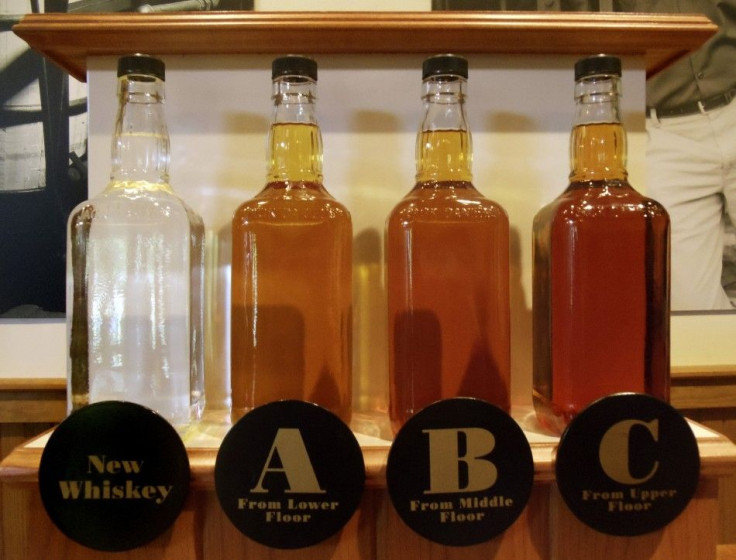New Alcoholism Treatment To Eliminate Dependency, Could Be Cure?

Scientists may have found an off switch for alcoholism.
Targeting only specific neural pathways that are specialized just for alcohol consumption, researchers at the Scripps Research Institute were able completely eliminate compulsive alcohol consumption in mice populations, according to research published Wednesday in the Journal of Neuroscience.
“It's like they forgot they were dependent,” Olivier George, an assistant professor at Scripps and lead researcher on the study, said of the findings. “We can completely reverse alcohol dependence by targeting a network of neurons.”
When a person or mouse drinks alcohol, they develop neural reward pathways specifically for alcohol. The more alcohol consumed, the more those neural circuits are rewarded, driving further use and dependence.
The Scripps researchers stumbled on their discovery. They found, after they injected a specific compound meant to target those neural networks in mice, that the mice completely lost their alcohol dependency. They didn’t even exhibit physical symptoms of alcohol withdrawal like shaking when they didn’t go back to drinking.
The researchers ran the experiment several times after their surprise discovery and each time the mouse population lost their dependency on alcohol. They also noted that the mice still compulsively drank sugar water, a sign that the compound hadn’t turned off the brain’s overall reward system.
They plan on translating this work to humans in the future.
There have been other recent developments in the search for a cure for alcoholism. Swedish researchers announced last month that they had found a key enzyme linked to alcoholism that is switched off in the frontal lobe when alcohol dependency is developed. That enzyme was one of the first biological mechanisms discovered that appeared to underpin impulse control.
Discoveries like those could eventually lead scientists to be able to intervene with future medicines to treat and cure alcoholism.
© Copyright IBTimes 2024. All rights reserved.






















